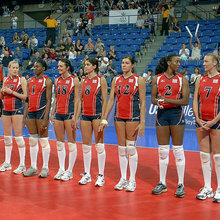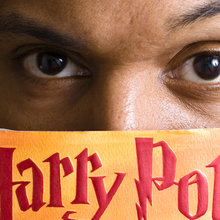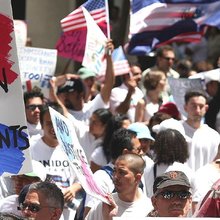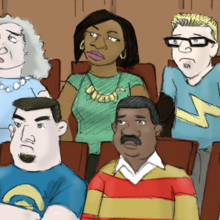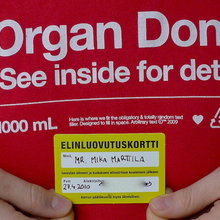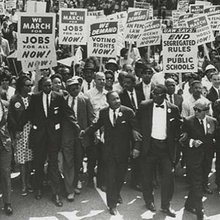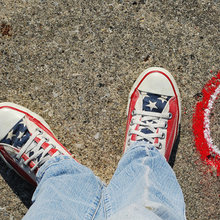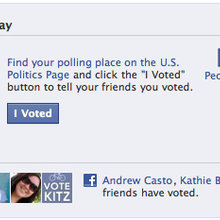Civil Society
Main content start
The SPARQ Solutions Catalog is an online library of scientifically tested fixes to a wide variety of social issues and conflicts.
Easily searchable and practitioner-focused, it provides a curated set of evidence-based behavioral nudges in education, health, law & justice, peace & conflict, relationships, parenting, and the environment.
Civil Society Conflict Resolution Criminal Justice Economic Development Education Environment Health Parenting Relationships

